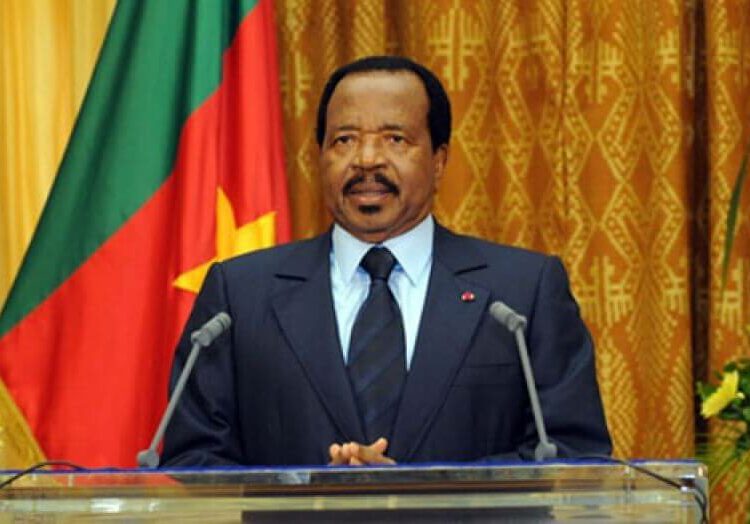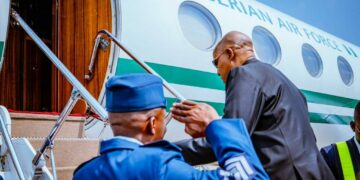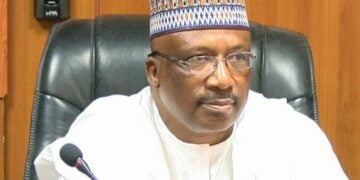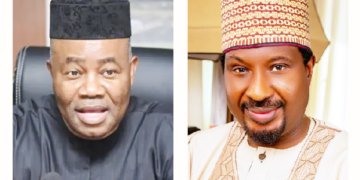Palpable fears have gripped Cameroon over the rumoured death of its 91-year-old long-serving leader, President Paul Biya.
There has also been reported apprehension over the political stability of the Central African country which was apparently around one of Africa’s longest ruling leader.
Biya had built the country with little democratic space for the better part of his 42-year reign as President of Cameroon.
The absence of official updates on the 91-year-old president’s health has fueled widespread speculation, with reports suggesting that Biya is either recovering in Switzerland or hospitalised in France.
A lawyer, Christian Ntimbane on Tuesday expressed concerns in an open letter to the Director of the Civil Cabinet, Samuel Mvondo Ayolo.
Ntimbane had called for transparency while urging the government to clarify the president’s situation. “If he is on vacation, say so. If he is sick, say that too.”
Biya’s absence has dominated media coverage, heightening anxiety among citizens about political stability after his 42-year reign.
Public opinion is split over the development on platforms like X (formerly Twitter), as some users held that former Cameron’s colonial master, France is attempting to install Biya’s eldest son, Franck Emmanuel Biya, as his successor, but others believe Cameroon has a chance to free itself from the stranglehold of Biya’s long reign.
According to Cameroon Concord, a political framework may already be in place to facilitate the transition, with Biya’s brother-in-law, Robert Nkili, positioned to serve as interim president.
However, opposition leaders such as Maurice Kamto could mobilise to contest any attempt at dynastic succession, pushing for democratic reforms.
Biya has been Cameroon’s president since November 6, 1982, following his role as prime minister from 1975 to 1982.
He has been the second-longest-ruling president in Africa, the longest-serving non-royal national leader globally, and the oldest head of state.





